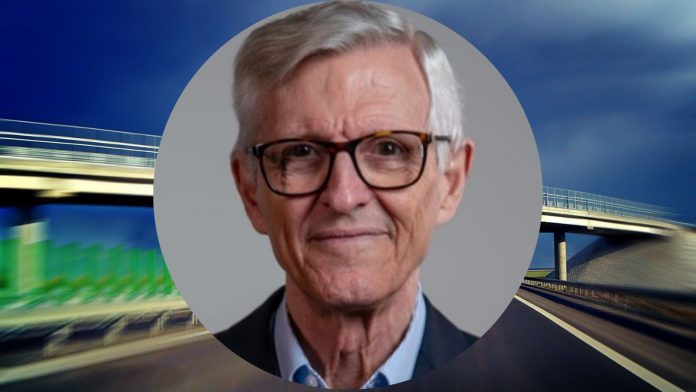Ahead of COP27, we talk with CEO of TPF Engenharia, João Recena about the challenges involved in making good carbon decisions.
IG: COP27 will focus attention on practical climate actions and outcomes, but are we making sufficient progress on decarbonisation?
JR: “As consulting engineers, we depend a lot on government initiatives. Brazil has enormous potential for wind offshore power generation, but it is necessary that proper environmental licenses and concession bids are put in place so that we can offer our services to potential investors.
“On the other hand, as engineers, we are submitted to market restraints. As an example, we are due to propose to our clients the most economical solutions, which may be not the best suitable in terms of decarbonisation. We are led by prices and not by lower carbon technologies. As an example, should we propose asphalt or concrete road pavement? Should we choose the best price or the least carbon?”
IG: Who or what are the key barriers or ‘blockers’ to faster climate action?
JR: “Climate action in general depends on the choice of a more cost-intensive option. Legislation must make environmentally friendly solutions the only choice. As an example, old tires have disappeared from the Brazilian landscape as soon as proper legislation made it worthwhile to use tires for environmental improvement purposes.”
IG: How important is it that we establish comprehensive and trusted carbon calculation across every part of the infrastructure industry?
JR: “Carbon calculation is especially important to steer climate action in the right direction. Taking the example above, which solution delivers less carbon to the atmosphere given the production conditions in a region of the planet – asphalt or concrete pavement? One must have access to trusted carbon calculation to make that decision.”
IG: What is the single most significant action available to industry to achieve climate ambitions?
JR: “In the case of consulting engineers, one significant action would be to advocate the introduction of carbon estimates parallel to the traditional cost estimate on project feasibility studies, starting from public infrastructure.”


















